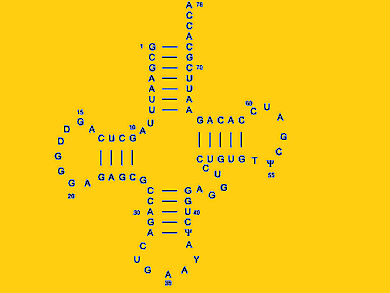US researchers have worked studiously to discover that microRNAs could have the potential to prevent pre-term births.
In tests with pregnant mice as well as human uterine tissue, the researchers have revealed a feedback cycle involving microRNAs, two proteins, ZEB1 and ZEB2, and the pregnancy hormone progesterone. Specifically, they found that miR-200s
block the expression of ZEB 1 and 2 at least until progesterone levels fall and uterine contractions and labor can begin.
The hope is that controlling the microRNAs might allow this switch to be delayed regardless of progesterone levels.
- miR-200 family and targets, ZEB1 and ZEB2, modulate uterine quiescence and contractility during pregnancy and labor,
Nora E. Renthal, Chien-Cheng Chen, Koriand’r C. Williams, Robert D. Gerard, Janine Prange-Kiel, Carole R. Mendelson,
Proc. Natl. Acad. Sci. (USA) 2010 online.
DOI: 10.1073/pnas.1008301107



